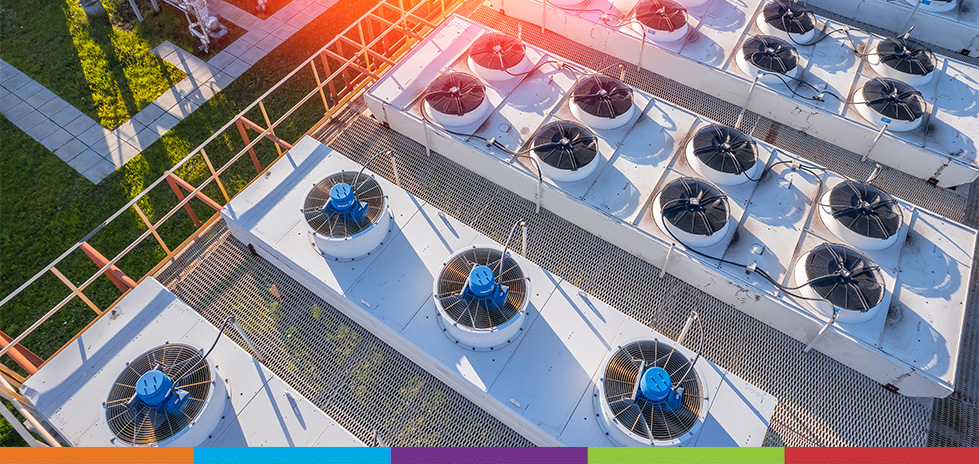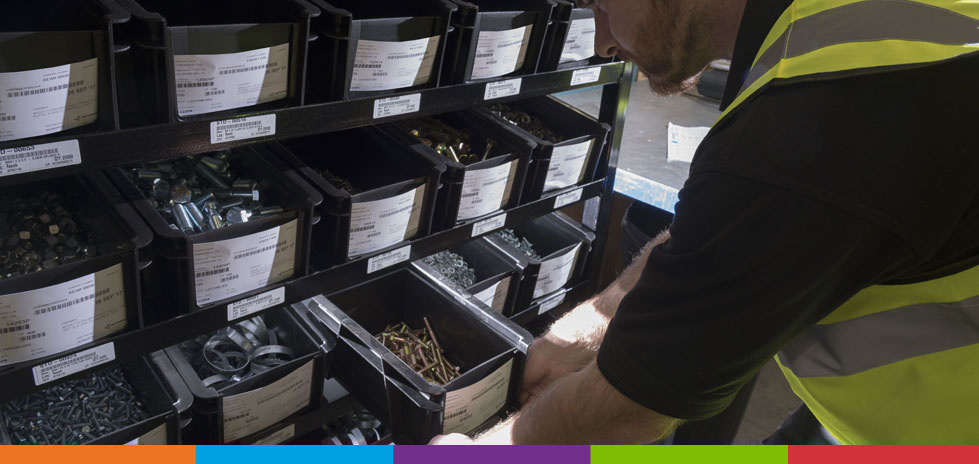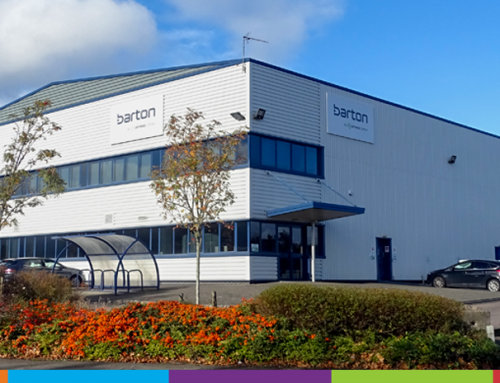
Optimum Fasteners for HVAC Equipment
The HVAC (heating, ventilation and air conditioning) industry is experiencing intense demand going into 2023. Spurred on by the rising popularity of smart heating and cooling technologies, such as those that can be controlled from a mobile or computer, as well as climate change, heating and cooling equipment manufacturers are expected to ramp up their product output.
Alongside this demand, however, HVAC manufacturers are also striving to meet sustainability targets. A US government study concluded that HVAC equipment contributed to 35% of an average building’s energy consumption, so energy efficiency is a top priority for many manufacturers.
2022 has also brought on soaring energy prices, encouraging consumers to lower their energy use by investing in HVAC equipment that is more energy efficient and requires little maintenance.
However, with both the heating and cooling markets forecasted to grow substantially over the next eight years, it’s easy for manufacturers to overlook some of the most crucial parts used during their production processes – fasteners.
Fasteners can account for over 50% of a product’s parts, so it’s crucial manufacturers use the right ones. Impacting on product durability and performance, fasteners should be optimised for any HVAC application.
Optimised Fasteners for HVAC Equipment
Fasteners for HVAC rarely have to be specialised, but this doesn’t mean that standard ones have less of an impact.
HVAC manufacturers need to prioritise using quality fasteners that are:
Heat Resistant
- Evidently parts used in heating equipment need to be able to withstand high temperatures. Nickel-based alloys are very resistant to heat, making them optimised for use in high-temperature environments. Combining nickel with steel also creates very durable fasteners for HVAC equipment.
Deformation Resistant
- Fasteners in any application need to be able to resist deformation, to avoid a product failing in its application. Carbon and carbon alloy steels offer good impact resistance and can withstand high temperatures, while retaining their shape and avoiding suffering plastic deformation.
Corrosion Resistant
- Fasteners for HVAC equipment can be prone to rust, so it’s important manufacturers use fasteners that are corrosion resistant. Galvanised zinc platings provide some of the best corrosion protection on steel fasteners, and avoid the possibility of hydrogen embrittlement as it uses an alternative application method.
Here are some examples of optimised fasteners for HVAC products:
- Self-drilling Screws
- Truss Head Screws
- Carriage Bolts
- Heavy Hex Nuts
- Sealing Washers
- Strain Relief Bushings
- Heat Shrink Tubing
Here at Optimas, not only do we manufacture our own standard and engineered fasteners through cold-forming, but we supply over 9 billion quality parts from over 4000 global suppliers to our partners every year.
Subject to a zero-defect culture, our fasteners also undergo a rigorous testing process, so we’ll only ever supply you with the best parts. Alongside our extensive product range, we also offer fasteners in a wide range of materials and finishes to optimise your parts for any HVAC application.
Work with us to maximise your product quality and meet the demand for HVAC equipment.






